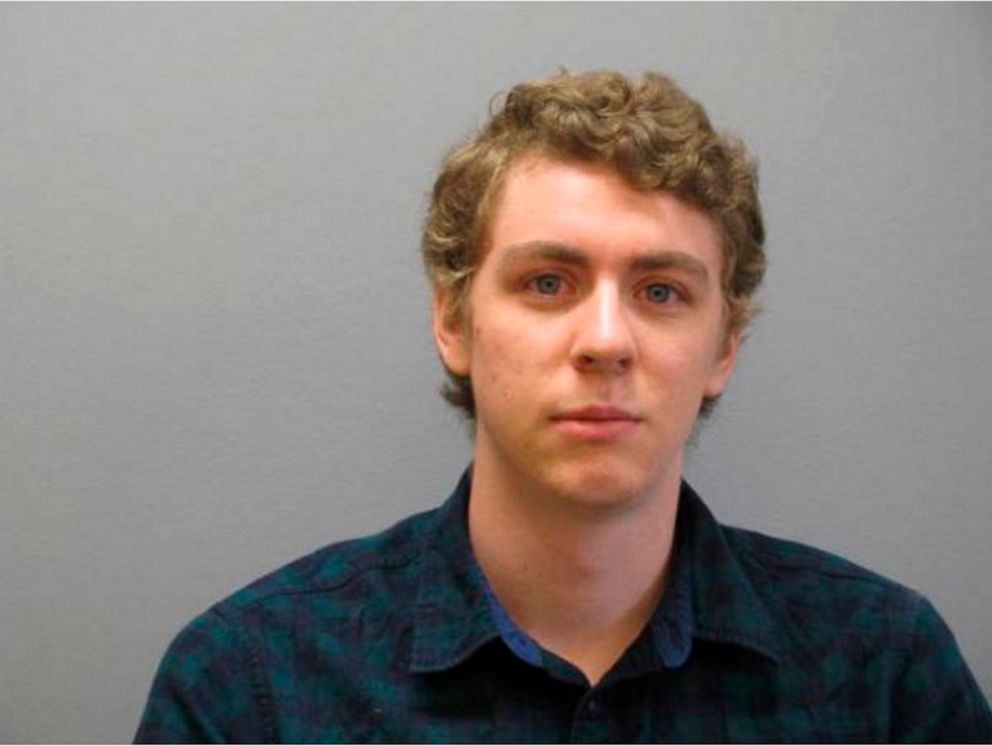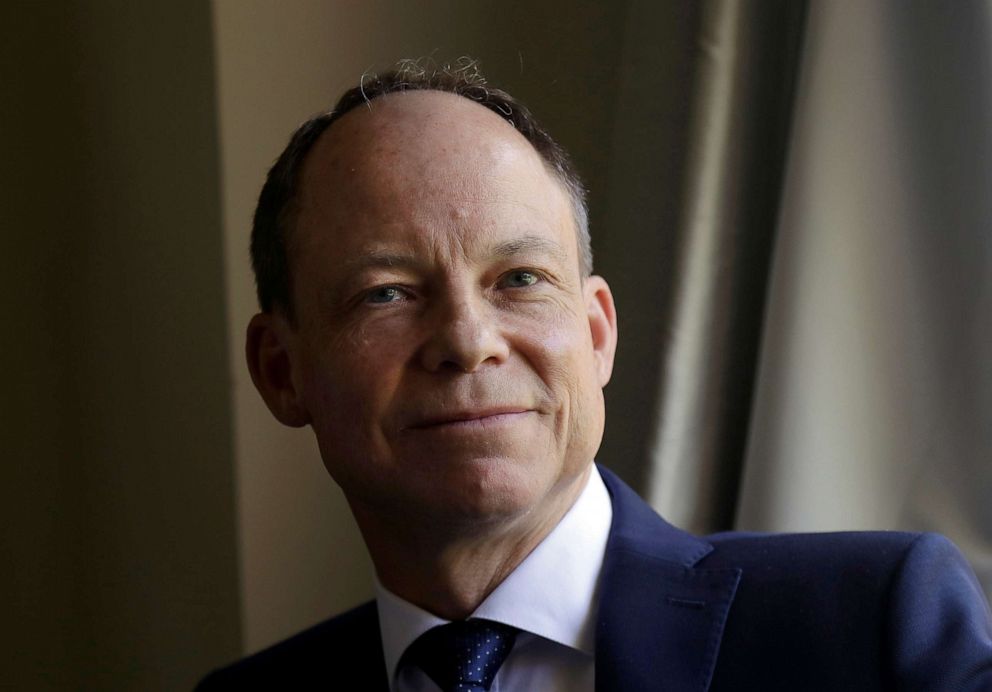Victim in Brock Turner Stanford sexual assault case goes public with her name and memoir
The woman who Brock Turner was convicted of sexually assaulting in 2016 has come forward, not only revealing her real name but also releasing a new memoir.
In the book titled "Know My Name," which she began working on in 2017, Chanel Miller discusses the assault, which occurred after a fraternity party in 2015, The New York Times reported.
In a "60 Minutes" segment to be aired in full Sept. 22, Miller read part of the victim statement that she previously read in court to Turner.
"You don't know me but you've been inside me. In newspapers, my name was 'unconscious, intoxicated woman.' Ten syllables and nothing more than that. I had to force myself to relearn my real name, my identity, to relearn that this is not all that I am, that I am not just a drunk victim at a frat party found behind a dumpster. While you are the all-American swimmer at a top university, innocent until proven guilty with so much at stake. You cannot give me. You cannot give me back the life I had," she read in the clip.
In January 2015, Turner was a 19-year-old freshman and swimmer at Stanford and Miller, then identified only as Jane Doe, was a 22-year-old recent college graduate who went to the party with friends.
In an interview with ABC News in June 2016, Swedish doctoral student Carl-Fredrik Arndt said he and his friend Peter Jonsson were riding their bikes through campus in January 2015 when they spotted Turner on top of a woman behind a dumpster outside a fraternity house. Jonsson immediately sensed something wasn’t right, Arndt said.

"She wasn’t moving," he told ABC News during the 2016 interview. "She was half-naked."
The two Swedes decided to intervene and there was an exchange of words. Then, Turner fled as the two men approached, Arndt said. Jonsson chased down Turner while Arndt stayed with the victim. Arndt said the woman was unconscious the entire time and he checked "to make sure she was still alive."
I had to force myself to relearn my real name, my identity, to relearn that this is not all that I am, that I am not just a drunk victim at a frat party found behind a dumpster.
Arndt said he and Jonsson restrained Turner, as they called police and waited until officers arrived. The two graduate students testified in court.
A Santa Clara County jury convicted Turner in March 2016 of three felony charges: assault with intent to commit rape of an intoxicated/unconscious person, penetration of an intoxicated person and penetration of an unconscious person.

In court, Miller read a statement to the judge that directly addressed her attacker and also thanked the two Swedes. She shared her story in court, detailing how she was unconscious and had no memory of much of the night. Her letter went viral after she gave it to the media.
“Most importantly, thank you to the two men who saved me, who I have yet to meet,” her letter reads. “I sleep with two bicycles that I drew taped above my bed to remind myself there are heroes in this story. That we are looking out for one another. To have known all of these people, to have felt their protection and love, is something I will never forget.”
In June 2016, however, trial Judge Aaron Persky drew criticism when he sentenced Turner to six months in county jail and three years' probation, based on the recommendation of the probation department. Prosecutors had asked for a six-year prison sentence.
Turner served three months in jail and was released on Sept. 2, 2016. Following his release, he returned to his hometown of Oakwood, Ohio, where he registered as a sex offender.
Persky's sentence of Turner triggered widespread outrage and a recall campaign, in which voters in Santa Clara County removed the 15-year judge from the bench in a June 2018 California primary election.
Some of the backlash against Persky also stemmed from Turner’s being sentenced to jail rather than prison. The judge had cited the "severe impact" that prison would have on the athlete.
In July 2018, Eric Multhaup, an attorney for the former Stanford University swimmer, argued before a three-judge panel in state appellate court in San Jose, California, that the conviction should be overturned because his client was fully clothed.

Multhaup said that because Turner was fully clothed and his genitals were not exposed when he was confronted, the prosecution's case fell short of proving beyond a reasonable doubt that Turner intended to rape the woman.
Deputy Attorney General Alisha Carlile argued that the conviction should stand, telling the judges that Santa Clara County prosecutors presented sufficient evidence in the high-profile case and the jury reached its verdict "beyond a reasonable doubt."
In August 2018, Turner's appeal and request for a new trial was denied.
Miller's book is set to be released in bookstores Sept. 24.
ABC News' Bill Hutchinson, Meghan Keneally, Emily Shapiro, Morgan Winsor, Matt Gutman contributed to the reporting in this story.




